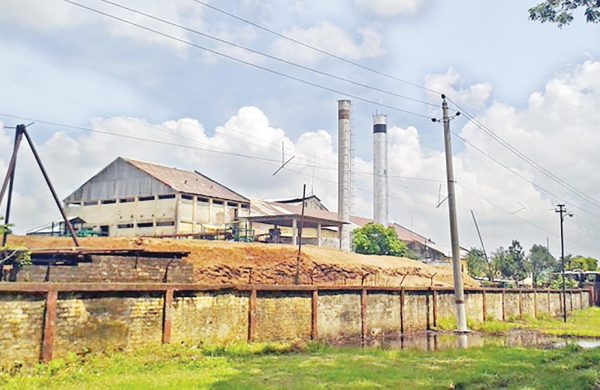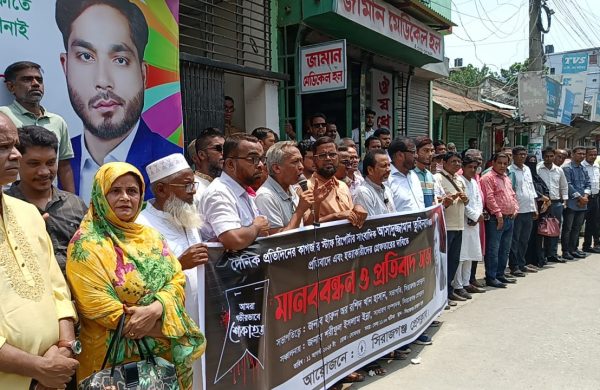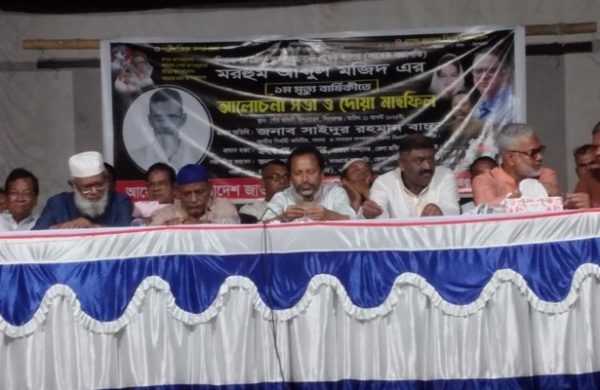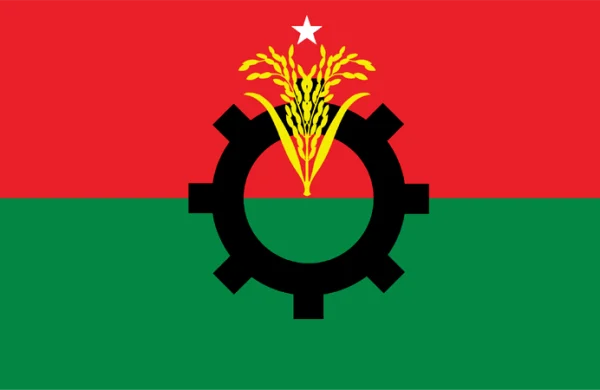Governor to hold status of minister, no bureaucrats on BB board
- Update Time : Monday, August 11, 2025
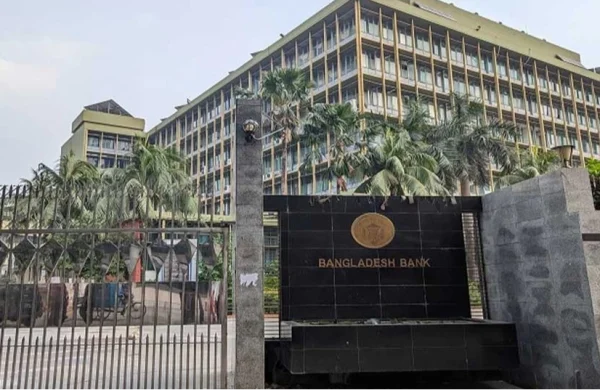
TDS Desk:
The Bangladesh Bank governor will hold the rank of a minister and take the oath before the chief justice, according to the draft of the Bangladesh Bank Ordinance (Amendment) 2025.
The ordinance, which will replace the Bangladesh Bank Order 1972, is intended to strengthen autonomy and accountability of the central bank, said Governor Ahsan H Mansur.
The draft proposes removing bureaucrats from the BB board, marking a departure from the current structure.
It has been finalised in line with recommendations by the International Monetary Fund (IMF) as part of reform measures to enhance the central bank’s independence.
“The government and bureaucracy may resist, but financial sector governance must remain above politics,” Mansur told a dialogue organised by the Centre for Policy Dialogue (CPD).
Officials involved in drafting the amendment said the new law aims to turn the central bank into a “constitutional institution”.
At present, the governor is appointed by the government and holds a rank below that of the cabinet secretary and the principal secretary.
According to the draft, the president would appoint the governor on the prime minister’s recommendation and with parliament’s approval, subject to “fit and proper” criteria.
Before taking office, the governor and deputy governors would take an oath before the Chief Justice.
The board of directors would comprise the governor, two deputy governors nominated by the governor, and eight other directors appointed by the government from a list provided by the governor.
None could be serving government officials, and no appointments could be made outside the submitted list.
Currently, the finance division secretary, the financial institutions division secretary, and the chairman of the National Board of Revenue sit on the BB board.
The draft grants the board full supervisory authority and strategic control over the bank’s operations, enabling it to take all necessary steps to fulfil its mandate and protect its autonomy.
“Bangladesh Bank shall retain full autonomy over monetary and financial stability decisions, incorporating coordination council recommendations only when consistent with its independent mandate,” the draft states.
A coordination council for monetary and exchange rate policies would be formed, chaired by the finance minister, with the BB governor, commerce minister, planning minister and finance division secretary as members.
The governor and deputy governors would serve six-year terms, renewable once.
They could not be members of the legislature or local government, hold public service posts, or receive salaries from public funds in any other role.
The president could remove them on the prime minister’s recommendation and with parliament’s approval.
BANKING REFORMS
At the CPD dialogue, Mansur said he had chosen direct action over setting up a banking commission.
“I was often asked why we did not set up a bank commission. Initially, I said we would, but later I decided to go straight into action instead of losing six to nine months to studies. We know our weaknesses,” he said.
The governor said three taskforces have been formed.
Of those, one is to strengthen the banking sector, another is to improve BB operations, and a third is to recover assets from abroad.
The first two are under the central bank and the finance ministry, while the third involves the law ministry, attorney general, Anti-Corruption Commission, Criminal Investigation Department and the foreign ministry.
Mansur said the Bank Companies Act 1991 is being amended to reduce the maximum directorship tenure from 24 years to 6, cut sponsor directors to at least half, and require directors to come from a qualified panel.
The Money Laundering Act is also being revised to include asset recovery provisions.
The Deposit Insurance Act is also being updated, raising coverage from Tk 1 lakh to Tk 2 lakh and creating separate funds for banks and non-bank financial institutions, each with its own investment committee.
The Bank Resolution Ordinance has already been enacted, enabling continuous resolution processes for any bank facing liquidity or governance problems, regardless of ownership.
“There should not be dual regulatory systems for state-owned and private banks. One regulator, one steering wheel,” the governor said.





